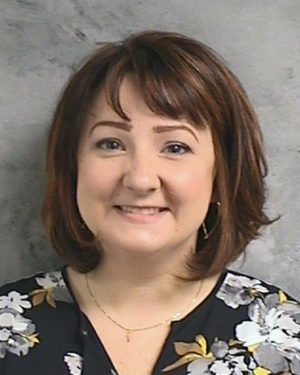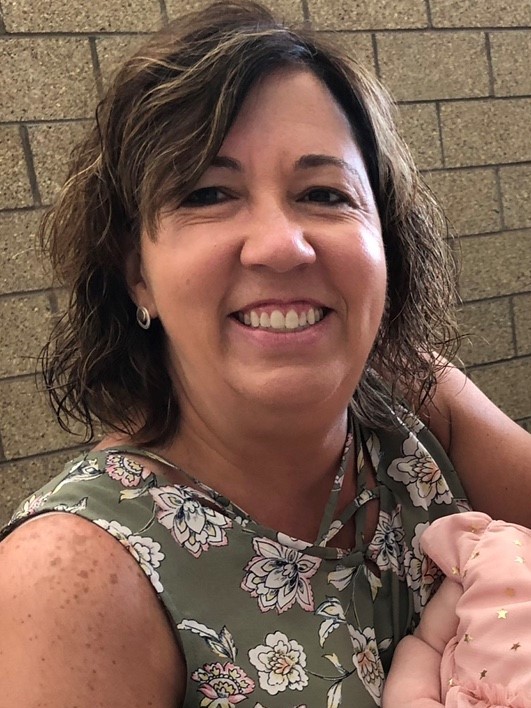Patient Safety
Overview

| Registration |
|---|
Two attendance options:
|
As many as 1 in 4 patients are harmed whilst receiving primary and ambulatory health care.
134 million adverse events occur each year, contributing to 2.6 million deaths annually due to unsafe care.
Medication errors cost an estimated 42 billion USD annually.
Target Audience
DMU faculty, staff, students, residents, and the medical community.
Purpose
The concept that patients could be harmed while receiving medical care has been known for thousands of years, since Hippocrates coined the phrase "first, do no harm."
Patient safety is the absence of preventable harm to a patient during the process of health care and reduction of risk of unnecessary harm associated with health care to an acceptable minimum. The patient safety field uses the term adverse events to describe patient harm that arises as a result of medical care (rather than from the underlying disease). Important subcategories of adverse events include:
- Preventable adverse events: those due to error or failure to apply an accepted strategy for prevention;
- Ameliorable adverse events: events that, while not preventable, could have been less harmful if care had been different;
- Adverse events due to negligence: those due to care that falls below the standards expected of clinicians in the community.
Objectives
- Articulate the definition and importance of patient safety.
- Recognize the vulnerability of patients and the clinician's individual responsibility to ensure their safety.
- Identify provider-, patient-, and system-based factors that may contribute to or protect from adverse events.
- List steps that you can take to reduce harm and improve the safety of patients.
Location

Des Moines University is located on a 22-acre campus in the heart of Des Moines, Iowa. Just west of downtown on Grand Avenue, the University is located in one of Des Moines' most prestigious neighborhoods. The campus is in a historic neighborhood filled with tree-lined streets and gracious older homes and businesses. Its central location makes it easy to access the rest of the city and outlying communities. The campus is close to the Des Moines International Airport, located on the bus line and just blocks from local shopping and downtown Des Moines.
Speaker(s)

Alison Krueger, MSN-Ed, RN
Simulation Lab Manager, Simulation Center, Des Moines University

Kelly Waddle
Patient Advocate
The speakers have no financial conflicts with commercial interest companies to disclose relevant to the content of this educational activity.
CE Credits
Accreditation Statements
 MD: This activity has been planned and implemented in accordance with the accreditation requirements and policies of the Iowa Medical Society (IMS). Des Moines University (DMU) is accredited by the IMS to provide continuing medical education for physicians. DMU designates this live activity for 1.0 AMA PRA Category 1 Credit(s)™. Physicians should claim only the credit commensurate with the extent of their participation in the activity.
MD: This activity has been planned and implemented in accordance with the accreditation requirements and policies of the Iowa Medical Society (IMS). Des Moines University (DMU) is accredited by the IMS to provide continuing medical education for physicians. DMU designates this live activity for 1.0 AMA PRA Category 1 Credit(s)™. Physicians should claim only the credit commensurate with the extent of their participation in the activity.- DO: Des Moines University (DMU) is accredited by the American Osteopathic Association (AOA) to provide osteopathic continuing medical education for physicians. DMU designates this program for a maximum of 1.0 AOA Category 1-A credits and will report CME and specialty credits commensurate with the extent of the physician’s participation in this activity.
- DPM: Des Moines University (DMU) is approved by the Council on Podiatric Medical Education as a provider of continuing education in podiatric medicine. DMU has approved this live activity for a maximum of 1.0 continuing education contact hour(s).
- Nurse: Des Moines University is Iowa Board of Nursing approved provider #112. This live activity has been reviewed and approved for 1.0 continuing education contact hour(s). No partial credit awarded.
- Other healthcare providers: This live activity is designated for 1.0 AMA PRA Category 1 Credit(s)™.
Educational Grants
No commercial interest provided financial support for this continuing education activity.
Disclosure
Everyone in a position to control the content of this educational activity will disclose to the CME provider and to attendees all relevant financial relationships with any commercial interest. They will also disclose if any pharmaceuticals or medical procedures and devices discussed are investigational or unapproved for use by the U.S. Food and Drug Administration (FDA). Determination of educational content and the selection of speakers is the responsibility of the activity director. Firms providing financial support did not have input in these areas. The information provided at this CME activity is for continuing education purposes only and is not meant to substitute for the independent medical judgment of a healthcare provider relative to diagnostic and treatment options of a specific patient’s medical condition. The content of each presentation does not necessarily reflect the views of Des Moines University.
Available Credit
- 1.00 AMA PRA Category 1 Credits™
- 1.00 AOA Category 1A
- 1.00 CE Contact Hour(s)
- 1.00 CPME
- 1.00 IBON

 Facebook
Facebook Twitter
Twitter LinkedIn
LinkedIn Forward
Forward